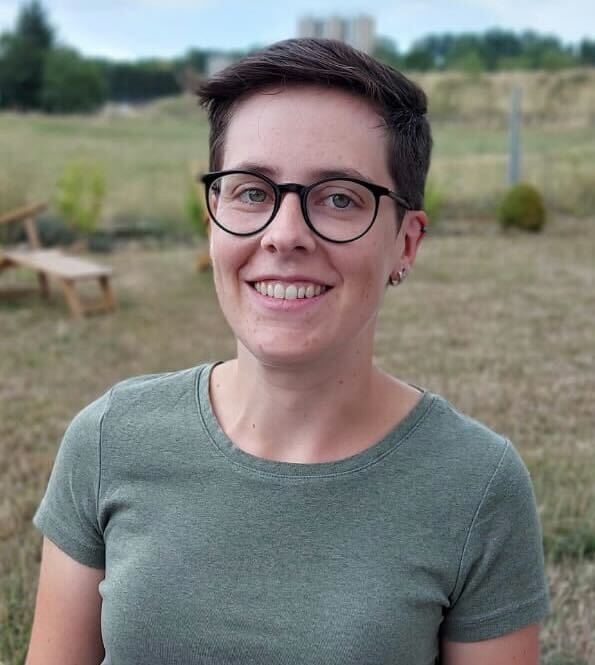
Prof. Stefanie Czischek
University of OttawaCourriel : stefanie.czischek@uottawa.ca
Site web de conférencier : stefczischek.github.io/
 |
Prof. Stefanie CzischekUniversity of OttawaCourriel : stefanie.czischek@uottawa.ca Site web de conférencier : stefczischek.github.io/ |
Rapid developments in quantum computing algorithms during the last few years have uncovered the great potential of overcoming conventional von-Neumann computing architectures. Theoretical studies suggest promising applications of quantum computation and quantum simulation hardware in everyday life and in the discovery of new physical phenomena. Driven by these forecasts, experimental realizations of quantum computers are advancing swiftly, albeit state-of-the-art hardware is still limited to noisy implementations of quantum states on small numbers of qubits. The power of artificial neural networks (ANNs) in promoting the overcoming of these limitations has recently been demonstrated at various stages. In this context, ANNs are commonly used as systematically tunable wavefunction ansatz to represent quantum states in numerical simulations. At the same time, constant progress in the development of biologically inspired neuromorphic hardware enables accelerated implementations of ANNs on small and energy-efficient analog devices. In this talk, I will introduce the principles and ideas of neuromorphic chips and discuss their role in quantum technologies. I will consider the tomographic reconstruction of quantum states as an example to introduce the focus of my research team on how specific hardware can advance the broad field of quantum computation.
Dr. Stefanie Czischek obtained her Ph.D. at Heidelberg University (Germany) in 2019, for which she received the Springer Thesis Award. During this time she worked in the group of Dr. Thomas Gasenzer on simulations of quantum spin systems using artificial neural networks. She further focused on implementing quantum state representations on spiking neuromorphic chips. In 2020, Dr. Czischek joined the University of Waterloo (Canada) as a postdoctoral fellow with Dr. Roger Melko, where she investigated applications of artificial neural networks for quantum technologies and numerical simulations of quantum systems. In 2022 she joined the University of Ottawa as an Assistant Professor. Her ongoing research focuses on advancing quantum technologies with artificial neural networks and neuromorphic devices.